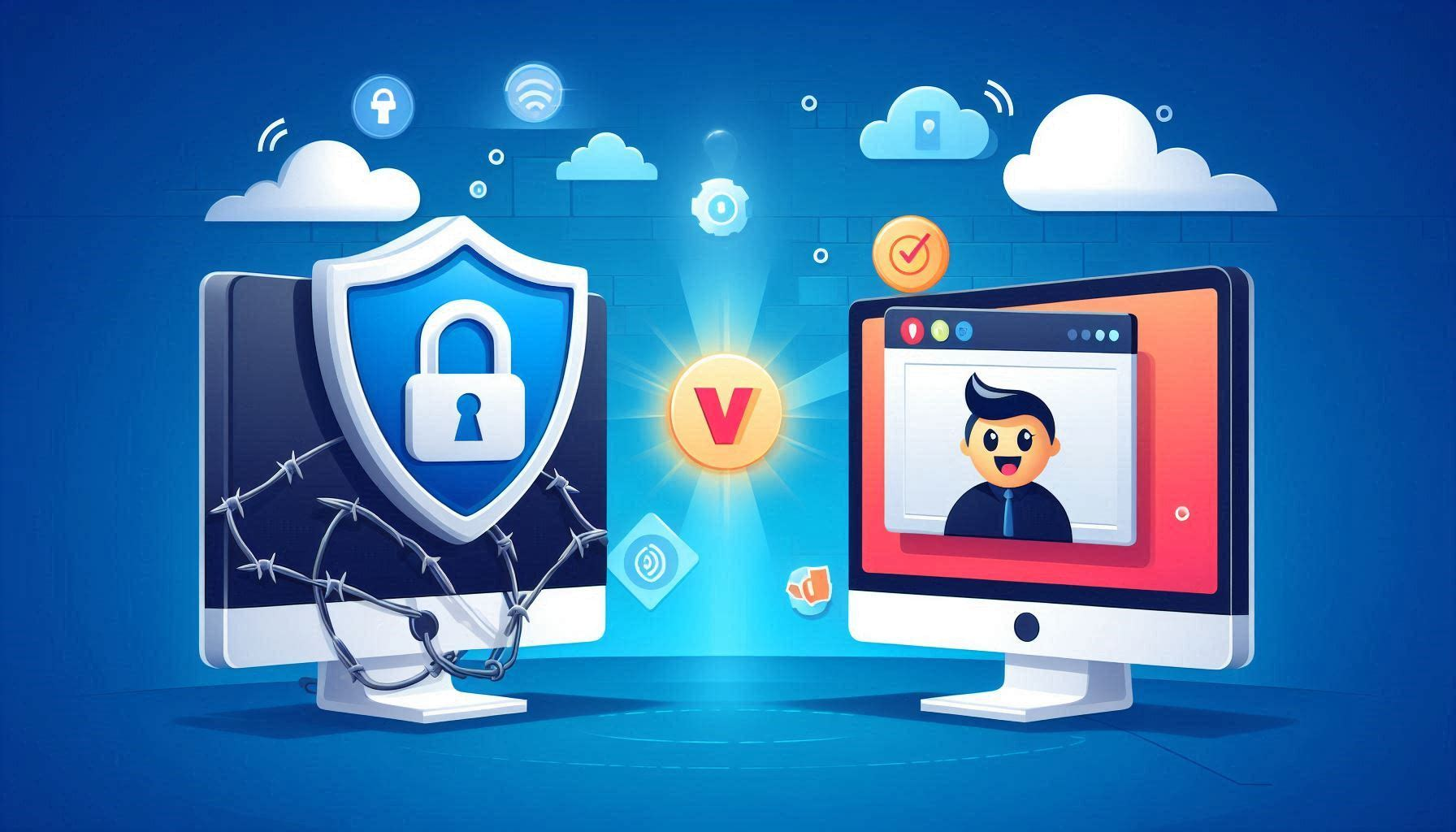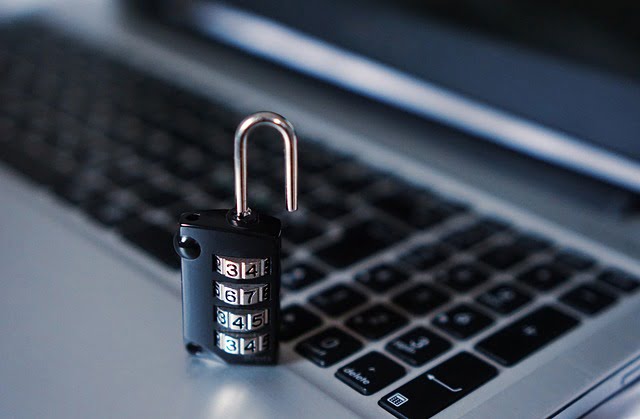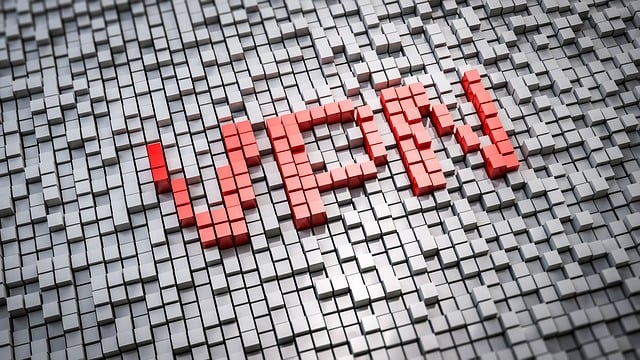Do free internet tricks (VPN and UDP) really work?

It is imperative to maintain an internet connection in the modern digital age. All people do not, however, have access to inexpensive and dependable internet services. Because of this, people frequently look for other ways to access the internet without having to purchase data plans. Using User Datagram Protocol (UDP) techniques and Virtual Private Networks (VPNs) are two common methods. But are these techniques actually effective, or are they merely myths? Let’s examine the specifics.
Background and Purpose
What Are Free Internet Tricks?
Tricks for accessing the internet without paying for data are referred to as free internet tricks. These techniques take advantage of flaws or weaknesses in network settings to get around limitations. VPNs and UDP trickery are examples of this.
Overview of VPNs
- What Is a VPN?
- A VPN is a secure tunnel that encrypts your internet traffic and routes it through a remote server. This masks your IP address and provides anonymity.
- VPNs are commonly used for privacy, security, and accessing geo-restricted content.
- How Do VPNs Work?
- When you connect to a VPN, your data travels through an encrypted tunnel to the VPN server.
- The VPN server then forwards your requests to the destination website or service.
- Your IP address appears as that of the VPN server, enhancing privacy.
- Benefits of VPNs:
- Anonymity: VPNs hide your real IP address, making it harder for websites and advertisers to track you.
- Security: Encrypted connections protect your data from eavesdropping.
- Access to Geo-Restricted Content: VPNs allow you to bypass location-based restrictions.
Overview of UDP Tricks
- What Is UDP?
- User Datagram Protocol (UDP) is a connectionless protocol used for data transmission.
- Unlike TCP (Transmission Control Protocol), UDP does not establish a connection before sending data.
- How Do UDP Tricks Work?
- UDP tricks involve manipulating network settings to exploit free data offers.
- Users configure their devices to use specific UDP ports or proxy servers.
- Some mobile carriers offer free data for specific UDP ports, which users can utilize.
- Limitations of UDP Tricks:
- Unreliable: UDP lacks error-checking mechanisms, so data packets may be lost.
- Not Secure: UDP does not guarantee data integrity or confidentiality.
- Carrier-Specific: UDP tricks depend on carrier policies and may not work universally.
Common Techniques for Free Internet Tricks
1. Virtual Private Networks (VPNs)
- What Is a VPN?
- A VPN (Virtual Private Network) is a service that creates a secure and encrypted connection between your device and a remote server.
- It masks your IP address, making it appear as if you’re browsing from a different location.
- How VPNs Work:
- When you connect to a VPN, your internet traffic is routed through the VPN server.
- The VPN encrypts your data, ensuring privacy and security.
- Benefits include anonymity, access to geo-restricted content, and protection against eavesdropping.
- Limitations:
- Trustworthiness: Not all VPN providers are equally trustworthy. Some may log your data or compromise your privacy.
- Speed: VPNs can slow down your internet speed due to encryption and server distance.
2. User Datagram Protocol (UDP) Tricks
- What Is UDP?
- UDP (User Datagram Protocol) is a connectionless protocol used for data transmission.
- Unlike TCP, it doesn’t establish a connection before sending data.
- How UDP Tricks Work:
- Users configure their devices to use specific UDP ports or proxy servers.
- Some mobile carriers offer free data for specific UDP ports.
- Users exploit this by directing their traffic through these ports.
- Limitations:
- Unreliable: UDP lacks error-checking mechanisms, so data packets may be lost.
- Not Secure: UDP doesn’t guarantee data integrity or confidentiality.
- Carrier-Specific: UDP tricks depend on carrier policies and may not work universally.
Success Rate of Free Internet Tricks
1. VPNs (Virtual Private Networks)
- Case Study:
- Scenario: A user in a country with strict internet censorship wanted to access blocked websites.
- Experience: The user subscribed to a reputable VPN service.
- Result: The VPN successfully bypassed censorship, allowing unrestricted access to websites.
- Success Rate:
- VPNs are generally effective for accessing geo-restricted content and maintaining privacy.
- However, success depends on the quality of the VPN provider and the specific use case.
2. UDP Tricks
- Case Study:
- Scenario: A user had limited data and wanted to maximize free data offers from their mobile carrier.
- Experience: The user configured their device to use a specific UDP port.
- Result: They received additional free data, but the reliability varied.
- Success Rate:
- UDP tricks are carrier-specific and may work for some users but not universally.
- Reliability is lower due to UDP’s lack of error-checking mechanisms.
Suggestions
- Choose Wisely:
- Consider your needs—privacy, security, or data access—when deciding between VPNs and UDP tricks.
- Opt for reputable VPN providers to ensure trustworthiness.
- Proceed with Caution:
- Free tricks may violate terms of service or local regulations.
- Always prioritize privacy, security, and ethical usage.
How VPNs Facilitate Free Internet Access
1. VPN Tunnels:
- VPNs create encrypted tunnels between your device and a remote server.
- When you connect to a VPN, your data travels through this tunnel, making it difficult for anyone (including your ISP) to monitor your online activities.
2. IP Address Masking:
- VPNs mask your IP address by assigning you a new one based on the server’s location.
- This allows you to bypass geo-restrictions and access content that might otherwise be blocked.
3. Data Compression:
- Some VPNs compress data before transmitting it to reduce bandwidth usage.
- This can be useful for users seeking free internet access, especially in regions with limited data plans.
The Role of UDP in Free Internet Tricks
1. UDP vs. TCP:
- UDP (User Datagram Protocol) is connectionless and lacks the overhead of TCP (Transmission Control Protocol).
- UDP doesn’t establish a connection before sending data, making it faster but less reliable.
2. UDP Tricks:
- Users configure their devices to use specific UDP ports or proxy servers.
- Some mobile carriers offer free data for specific UDP ports.
- Users exploit this by directing their traffic through these ports.
3. Limitations:
- UDP lacks error-checking mechanisms, so data packets may be lost.
- It doesn’t guarantee data integrity or confidentiality.
- UDP tricks are carrier-specific and may not work universally.
Network and Security Implications
- Privacy: VPNs enhance privacy by encrypting your data, but choose reputable providers.
- Reliability: UDP tricks may provide free data, but their reliability varies.
- Ethical Usage: Always prioritize ethical usage and comply with terms of service.
Legal Status in Different Regions
- United States:
- VPNs are legal, but their use for illegal activities (such as hacking or copyright infringement) is not.
- UDP tricks fall into a gray area; some carriers allow them, while others may consider them unauthorized.
- European Union:
- EU countries generally allow VPN usage for privacy and security.
- UDP tricks may be subject to local regulations and carrier policies.
- Other Regions:
- Research local laws and regulations regarding VPNs and UDP tricks.
- Some countries restrict VPNs due to censorship concerns.
Ethical Implications of Using Free Internet Tricks
- Privacy and Security:
- Ethical use involves respecting others’ privacy and not engaging in illegal activities.
- Avoid using VPNs or UDP tricks to harm others or violate terms of service.
- Fair Usage:
- If a carrier offers free data through UDP tricks, use it responsibly.
- Don’t exploit loopholes excessively or disrupt network integrity.
Security Risks
- Malicious VPN Providers:
- Some VPN services may log your data or engage in unethical practices.
- Choose reputable providers to avoid security risks.
- UDP Tricks and Privacy:
- UDP tricks involve manipulating network settings, which can expose your data.
- Be cautious when using UDP-based methods.
Potential for Data Throttling and Blocking
- Carrier Response:
- Carriers may detect and throttle traffic from VPNs or UDP tricks.
- Excessive usage could lead to data restrictions.
- Blocked Ports:
- Some carriers block specific UDP ports to prevent free data exploitation.
- UDP tricks may become ineffective if carriers close these ports.
Impact on Network Performance
- VPN Overhead:
- VPNs introduce encryption overhead, potentially slowing down your internet speed.
- Consider this trade-off when using VPNs.
- UDP Unreliability:
- UDP lacks error-checking mechanisms, leading to potential data loss.
- Unreliable connections can impact overall network performance.
Alternatives to Free Internet Tricks
Let’s know about some alternatives to free internet tricks:
- Affordable Internet Plans:
- Many internet service providers (ISPs) offer budget-friendly data plans.
- Look for plans that suit your needs and provide reliable connectivity.
- Community Wi-Fi Initiatives:
- Some communities set up public Wi-Fi networks in parks, libraries, or other public spaces.
- Check if your area has any community Wi-Fi initiatives.
- Government and NGO Programs:
- Some governments and non-governmental organizations (NGOs) provide subsidized or free internet access to underserved populations.
- Research local programs that may offer assistance.
Remember to explore these options while considering your specific requirements for internet access.
Conclusion
Our exploration of free internet tricks with a summary of findings and some my final thoughts on their effectiveness and viability.
Summary of Findings
- VPNs (Virtual Private Networks):
- Pros:
- Anonymity: VPNs hide your real IP address, enhancing privacy.
- Security: Encrypted connections protect your data from eavesdropping.
- Access to Geo-Restricted Content: VPNs allow you to bypass location-based restrictions.
- Cons:
- Trustworthiness: Not all VPN providers are equally trustworthy.
- Speed: VPNs can slow down your internet speed due to encryption and server distance.
- Pros:
- UDP Tricks (User Datagram Protocol):
- Pros:
- Free Data: Some carriers offer free data for specific UDP ports.
- Speed: UDP is faster than TCP but lacks reliability.
- Cons:
- Unreliable: UDP lacks error-checking mechanisms, so data packets may be lost.
- Not Secure: UDP doesn’t guarantee data integrity or confidentiality.
- Carrier-Specific: UDP tricks depend on carrier policies and may not work universally.
- Pros:
Final Thoughts
- Choose Wisely:
- Consider your needs—privacy, security, or data access—when deciding between VPNs and UDP tricks.
- Opt for reputable VPN providers to ensure trustworthiness.
- Proceed with Caution:
- Free tricks may violate terms of service or local regulations.
- Always prioritize privacy, security, and ethical usage.
While free internet tricks can provide temporary relief, they come with limitations. Evaluate their effectiveness based on our specific circumstances.
Appendices
I will let you know about the appendices related to free internet tricks, VPNs, and UDP in more detail:
Glossary of Terms
- VPN (Virtual Private Network):
- A service that creates a secure and encrypted connection between your device and a remote server. It masks your IP address and enhances privacy.
- UDP (User Datagram Protocol):
- A connectionless protocol used for data transmission. Unlike TCP, it doesn’t establish a connection before sending data.
- Geo-Restricted Content:
- Online content (websites, streaming services, etc.) that is accessible only from specific geographic regions.
Additional Case Studies
- VPN Bypassing Censorship:
- A user in a country with strict internet censorship successfully accessed blocked websites using a reputable VPN service.
- UDP for Maximizing Data:
- A user configured their device to use a specific UDP port and received additional free data from their mobile carrier.
Technical Details and Configurations
- VPN Tunnels:
- VPNs create encrypted tunnels between your device and a remote server.
- IP address masking and data compression are key features.
- UDP Tricks Configuration:
- Users configure their devices to use specific UDP ports or proxy servers.
- Reliability and security considerations apply.
Remember to refer to these appendices for further insights and details. If you have any specific questions or need more information, please write on the comments below!
Loading newsletter form...






